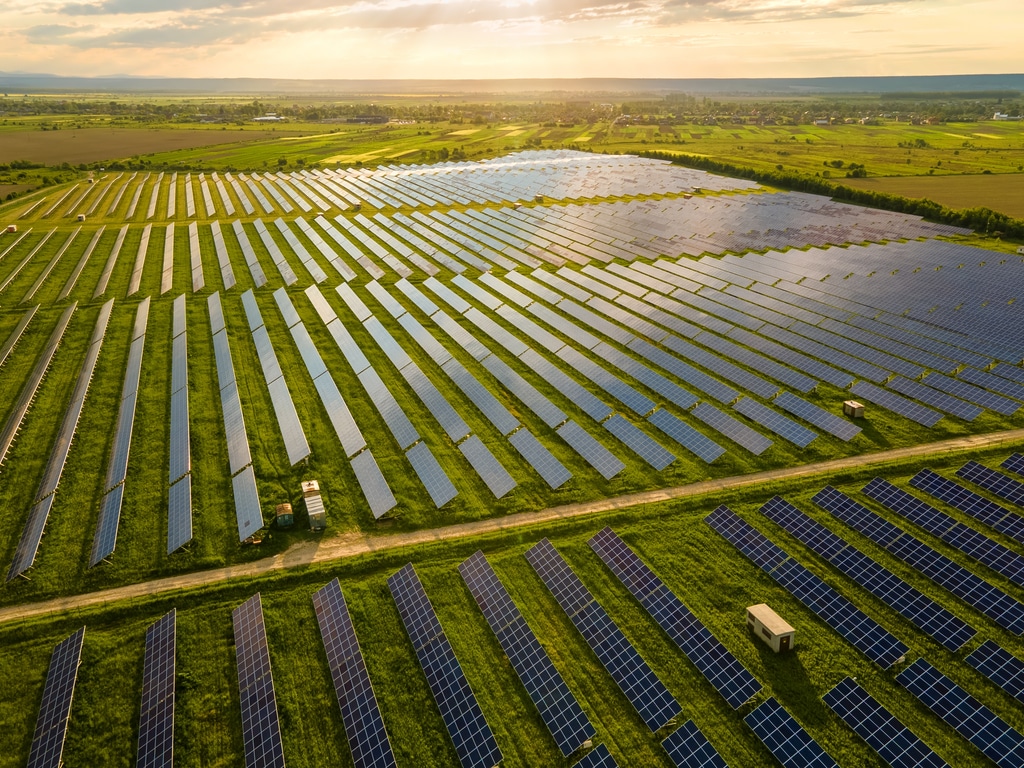Despite an installed capacity of 6,400 MW according to the United States Agency for International Development (USAID), Angola’s electricity access rate is 43%. Thanks to two new solar photovoltaic plants with a combined capacity of 284 MWp in Benguela province, at least 1.8 million people will now be connected to the national electricity grid. The Portuguese group MCA, named after its founder Manuel Couto Alves, carried out the installations.
The first power plant is located in Biópio, in the municipality of Catumbela. At a cost of 300 million dollars, the construction work on this facility, which has a capacity of 188 MWp, has allowed for the installation of the metal piles that support 509,040 solar panels. The second photovoltaic solar power plant, worth $152 million, is going into operation with 261,360 solar panels to produce 96 MWp of electricity in Baía Farta. The municipality is located 569 km from the capital Luanda.
Electricity for all
In addition to these two new power plants, other solar projects underway in the provinces of Huambo, Bié, Lunda, Lunda-Sul and Moxico, will inject a total of 370 MWp into Angola’s national electricity grid by 2023. These initiatives, launched in 2021 at a total cost of US$417 million, are financed to the tune of US$250 million by the World Bank through its subsidiary, the International Bank for Reconstruction and Development (BIRD), and the French Development Agency (AFD).
Read also-ANGOLA: Huawei to develop green energy solutions for Unitel’s network
Ultimately, the various projects aim on the one hand to reduce annual emissions of one million tonnes of CO2 in Angola and on the other hand to extend the national electricity network with a view to electrifying around 2.4 million people. These include rural populations where 92% have no access to a source of electricity according to the Angolan Ministry of Energy and Water.
Benoit-Ivan Wansi
